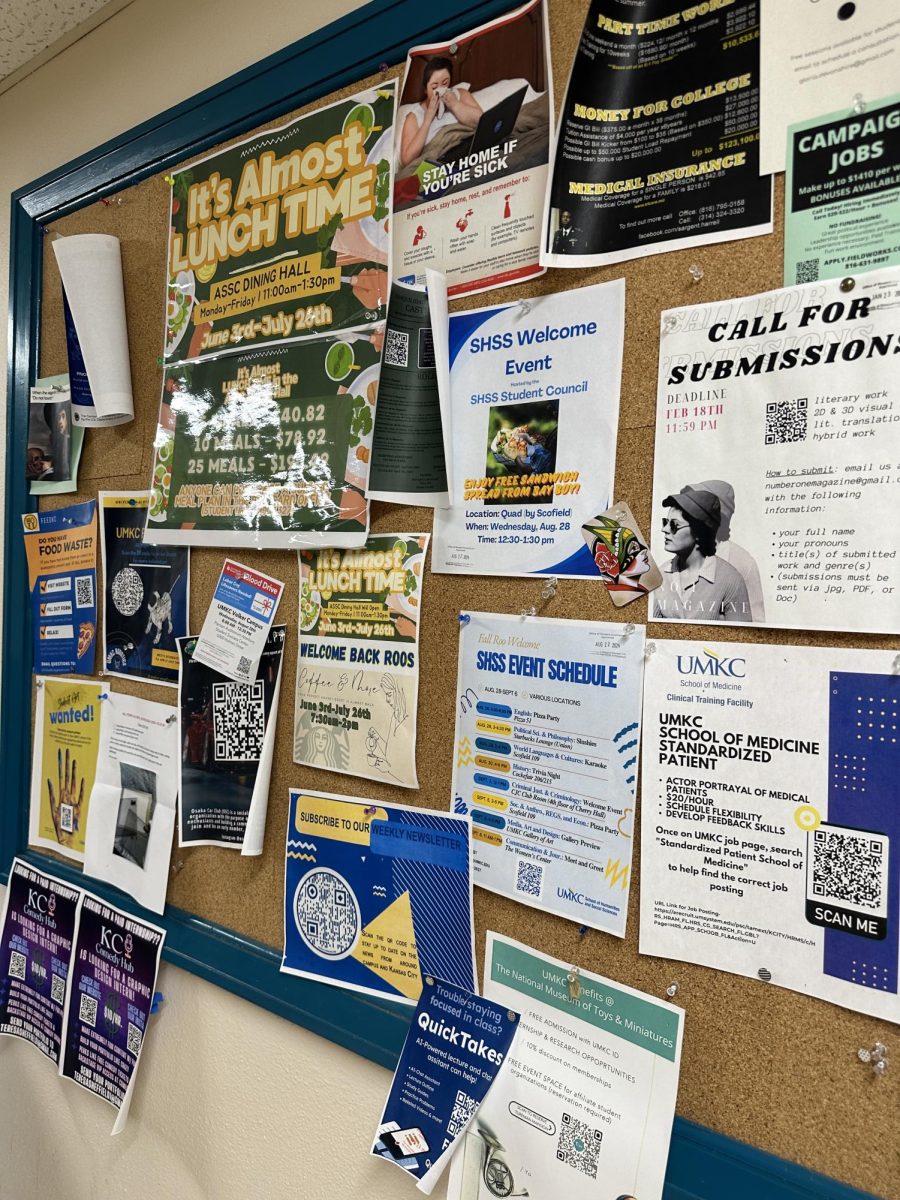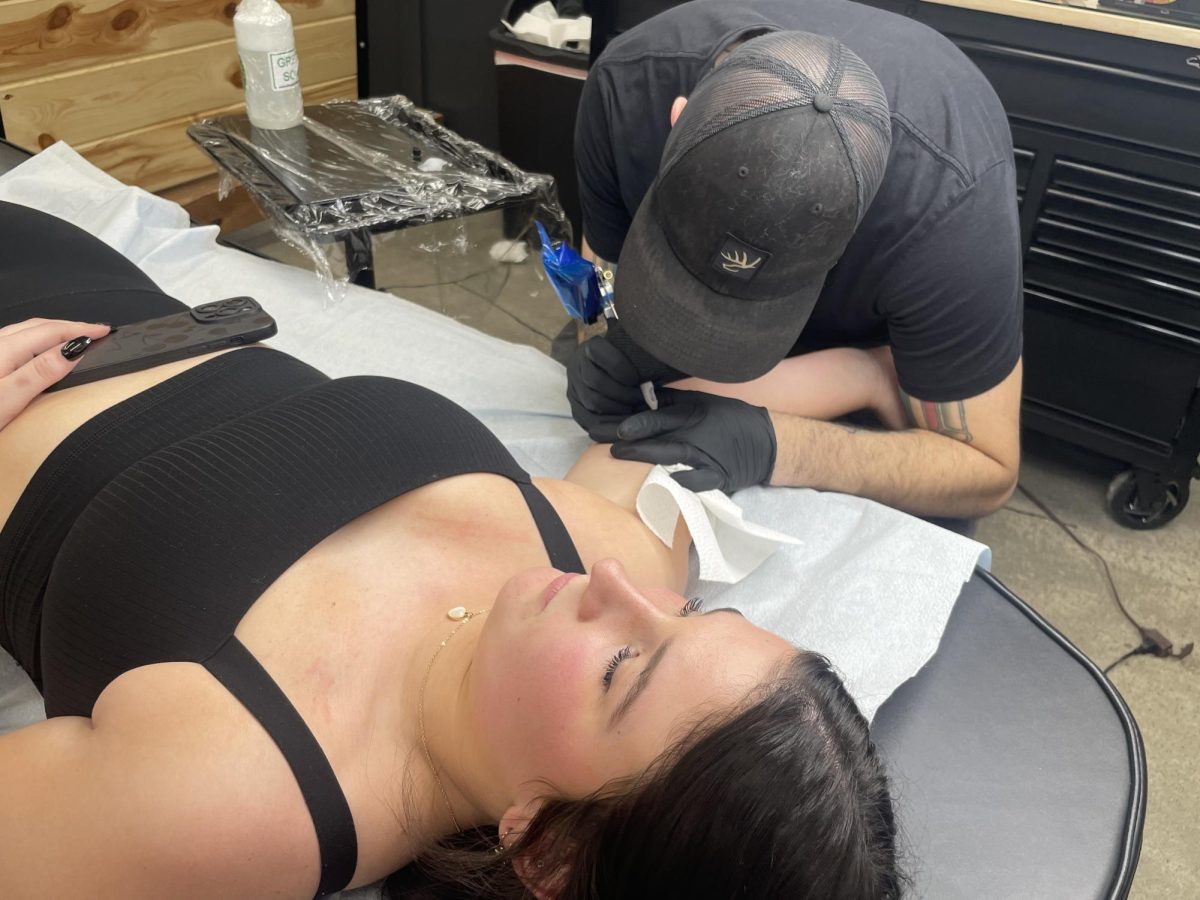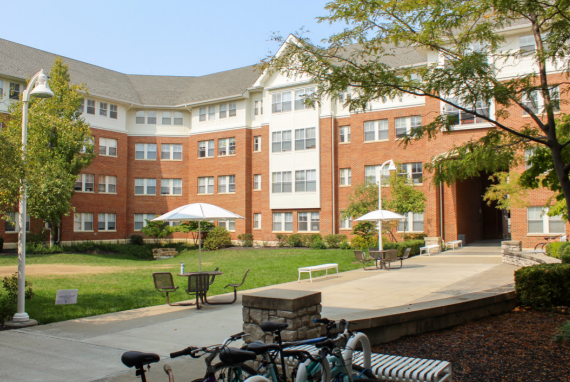Three U.S. Supreme Court cases to be decided this year will either affirm or reject decades of civil rights advances for the gay community and disenfranchised minority voters.
Two of the cases involve bans on marriage for same-sex couples: California’s Proposition 8 and the federal Defense of Marriage Act (DOMA).
Prop. 8, passed by California voters in November 2008, added a state constitutional amendment barring same-sex marriage.
At the crux of the Supreme Court case is whether the “equal protection” clause of the 14th Amendment to the U.S. Constitution prohibits states from defining marriage as between one man and one woman.
If Prop. 8 is upheld, the court could also decide the fate of same-sex marriages in California that were performed before the measure was approved.
The DOMA challenge stems from four lawsuits that originated in states that recognize marriage for same-sex couples, where U.S. law bars such legal recognition for federal tax filings and benefits for federal employees.
The struggle for gay civil rights, in some aspects, mirrors the struggles of other groups.
Analogies have been drawn between the movement to recognize marriage for same-sex couples and the movement to abolish racial segregation—including marriages between whites and blacks.
Another potential landmark case, argued last week, involves a key provision of the 1965 Voting Rights Act that requires certain state and local governments—most of them in the South—to receive approval from the Justice Department or a Washington, D.C., federal court before making changes that affect voting.
The petitioner, Shelby County, Ala., “contends that the provision has outlived its purpose of protecting minority voters in an era when a black man has been re-elected to the presidency,” states The New York Times.
A federal court in Mobile found that in Shelby County, Jerome Gray, a 74-year old black man, was wrongfully removed from voting rolls by a city clerk in Evergreen based on a list of utility records.
The Supreme Court case centers on standards used in the 1960s to decide which communities are subject to the law’s provisions. The standards factored in 1964 election data and measures used to discourage voter turnout, such as literacy tests.
The Voting Rights Act has been renewed by Congress multiple times and has endured nearly a dozen Supreme Court cases.
An obvious reason is the progress the Voting Rights Act has made in advancing civil rights and preventing a relapse of Jim Crow.
President Barack Obama’s victory is a reason to celebrate progress in civil rights, but it is troubling that some are unable to differentiate between one man and a relatively broad demographic.
One black man’s electability does not change the everyday realities of the other 39 million black Americans.
Caging—when registered voters like Gray are wrongfully removed from the rolls—is a disturbingly widespread practice.
Voter intimidation and suppression are alive and well. But they have been overlooked by a cooked-up voter fraud scare with little evidentiary support.
I am disturbed by the two countervailing civil rights in our culture.
My generation was born at the coattails of the AIDS crisis of the 1980s, an era in which homosexuality was widely shunned and gay men were scapegoats for the virus and other diseases.
Today, public opinion polls show a majority of Americans support marriage for same-sex couples. Those ages 18-29 are the strongest proponents, and support has increased across the board.
Gay rights are no longer the cause célèbre of liberal coastal elites.
Large corporations, hip-hop artists, pro athletes and yes—Republicans, too—have realized that supporting equality is the right thing to do.
Public support for same-sex marriage has increased dramatically since 2008, when 52 percent of California voters supported Prop. 8.
A Field Poll conducted last month found 61 percent support marriage for same-sex couples.
I wish that I could say the progress I have seen in civil rights for other groups during my life has been as evident, but it hasn’t.
One distinct possibility is that the Supreme Court will decide marriage equality for same-sex couples is a Constitutional right, striking down DOMA, Prop. 8 and every other state ban on marriage for same-sex couples.
Another possibility—one very disheartening—is that the Supreme Court will send Section 5 of the Voting Rights Act back to the drawing board for Congress.
I, like many others, would instead like to see Section 5’s provisions extended to every jurisdiction in the U.S.
This is the best way to ensure that our democracy is preserved and not subjected to state and local governments run by racist bigots and anti-immigrant zealots.
Justice Sonia Sotomayor’s remarks to Bert Rein, the lawyer representing Shelby County, hit the nail on the head.
“Assuming I accept your premise, and there’s some question about that, that some portions of the South have changed, your county pretty much hasn’t,” she said. “In the period we’re talking about, […] 240 discriminatory voting laws that were blocked by Section 5 objections. You may be the wrong party bringing this.”
It would be an embarrassment for the same set of justices who defend civil rights for gays to turn the clock back on the Civil Rights movement of the 1960s.
nzoschke@unews.com







